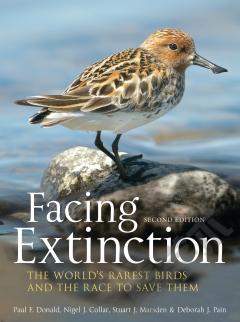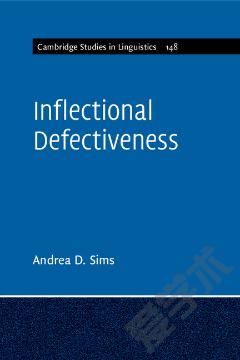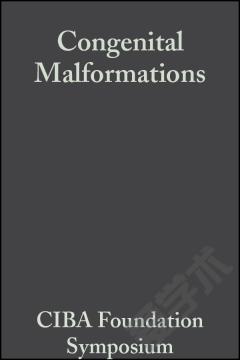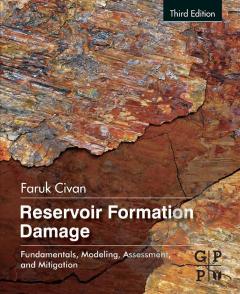Destruction in the Performative
Cultural transformation tends to be described in one of two ways: either with reference to what comes about, is created or emerges in the process of change or with reference to what is destroyed or obscured in that process. Within a performative paradigm, that is, from a perspective which focuses on the manner in which social and cultural reality is constituted or brought about by human activity, theorists have, in recent years, tended to underline the productive aspects of transformation by emphasising the creative thrust of performative processes and events. In so doing, this perspective has tended to overlook the extent to which a certain destructive element may in fact be inherent to such performative processes. Drawing upon a range of historical and contemporary constellations of socio-cultural change and a variety of different types of events and activities, the articles in this volume describe different forms of destruction and their respective role in processes of transformation. Their shared aim is to explore the manner in which destructivity, such as the destabilisation and destruction of orders, subjects and bodies, can be grasped by concepts of performativity. In other words, to what extent may a certain destructive dynamic be inscribed within this very notion?
{{comment.content}}








 京公网安备 11010802027623号
京公网安备 11010802027623号